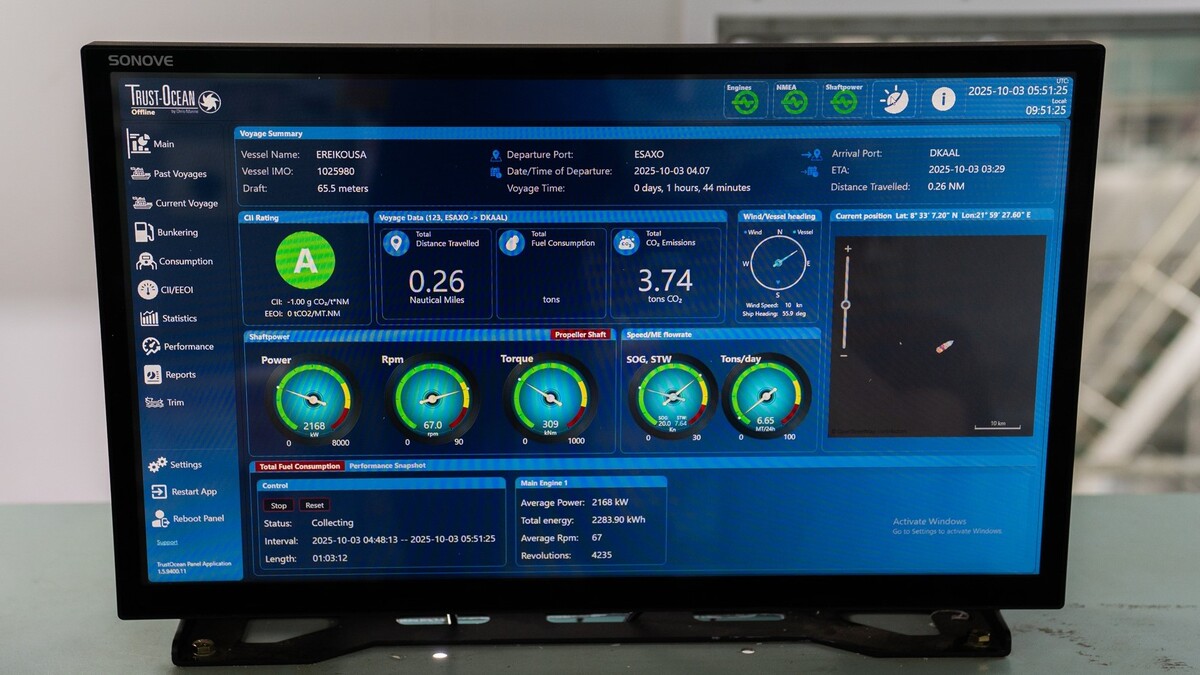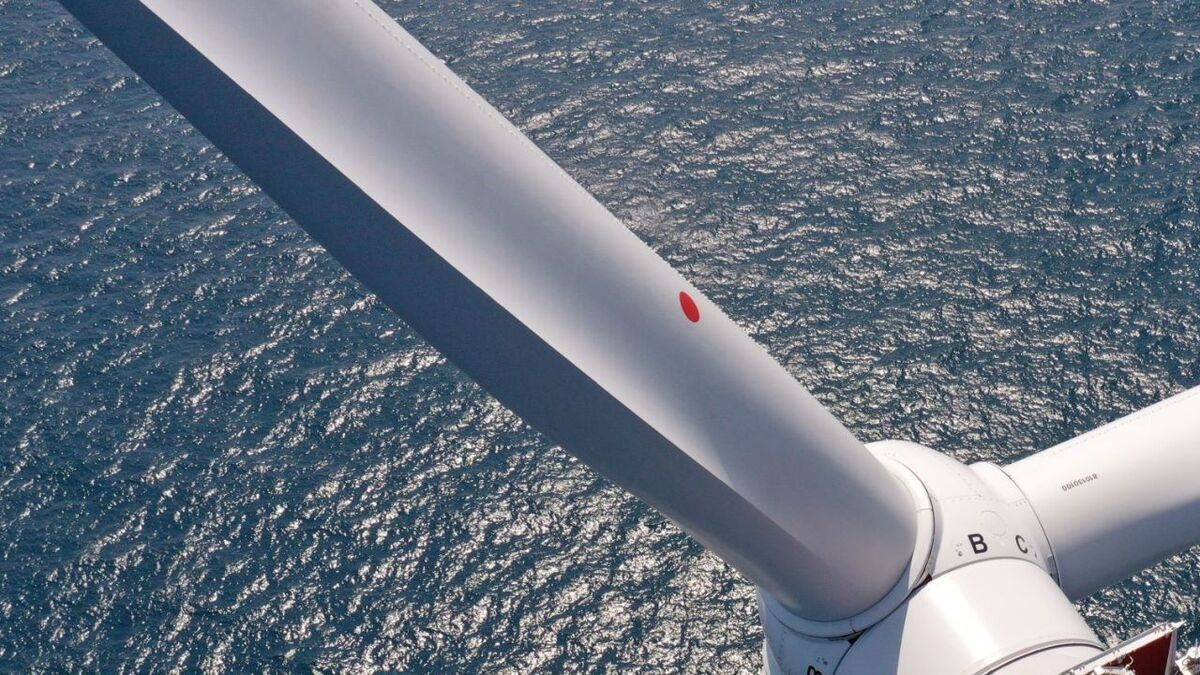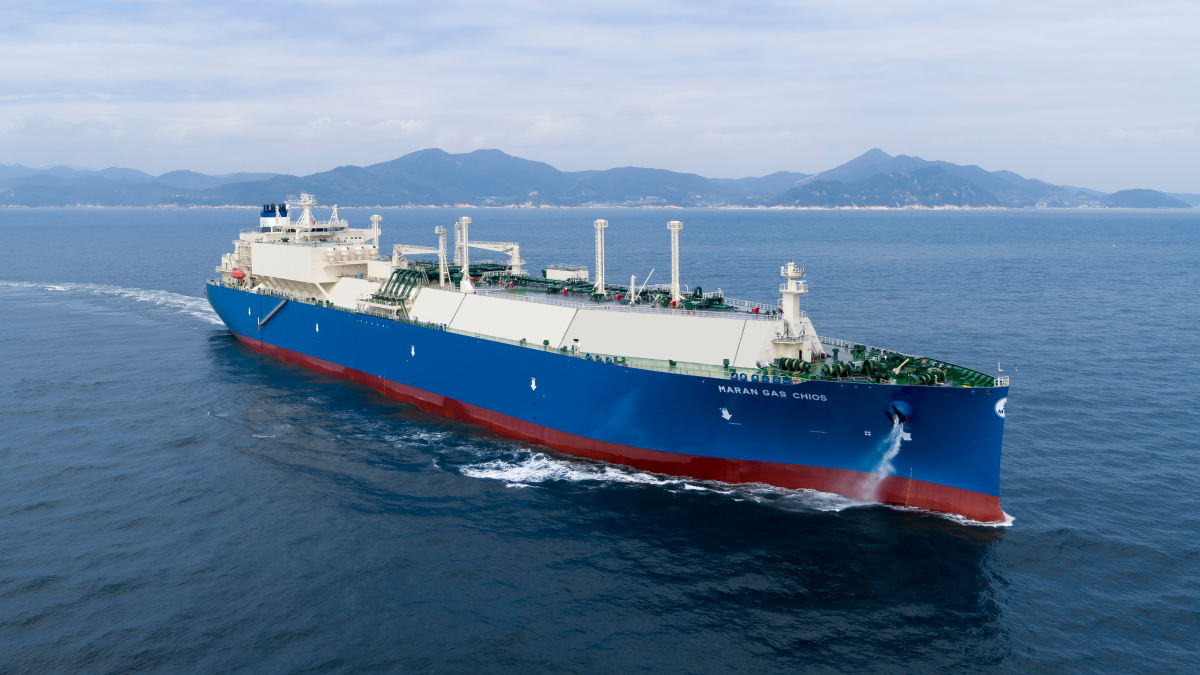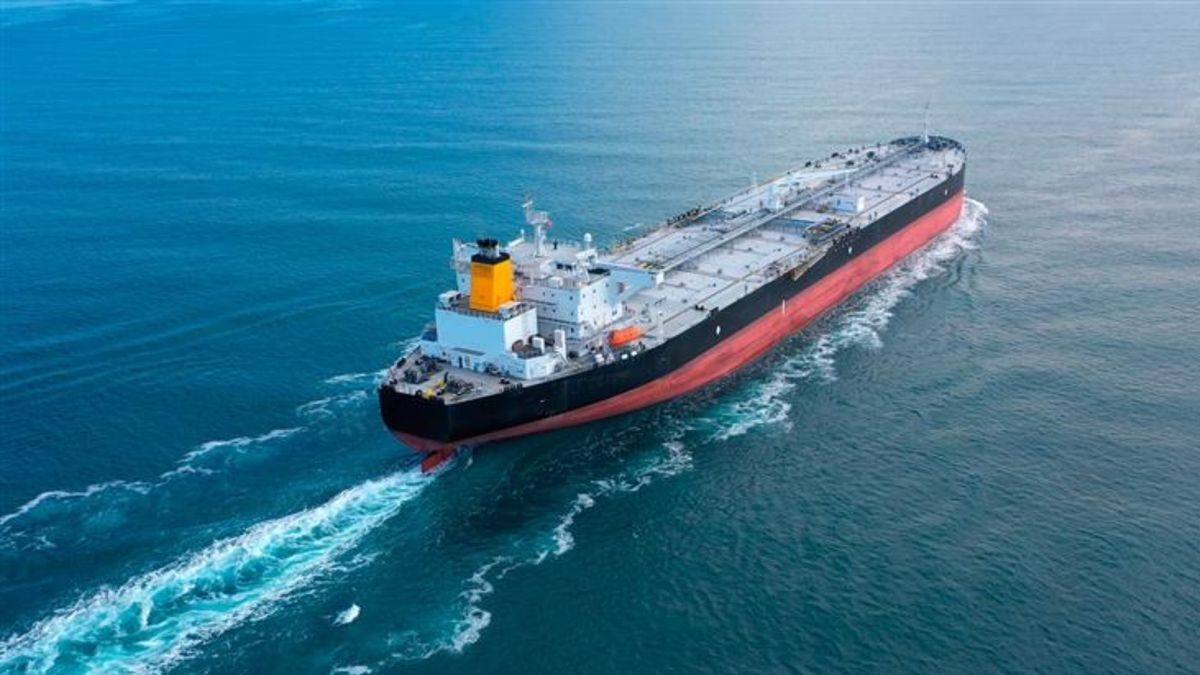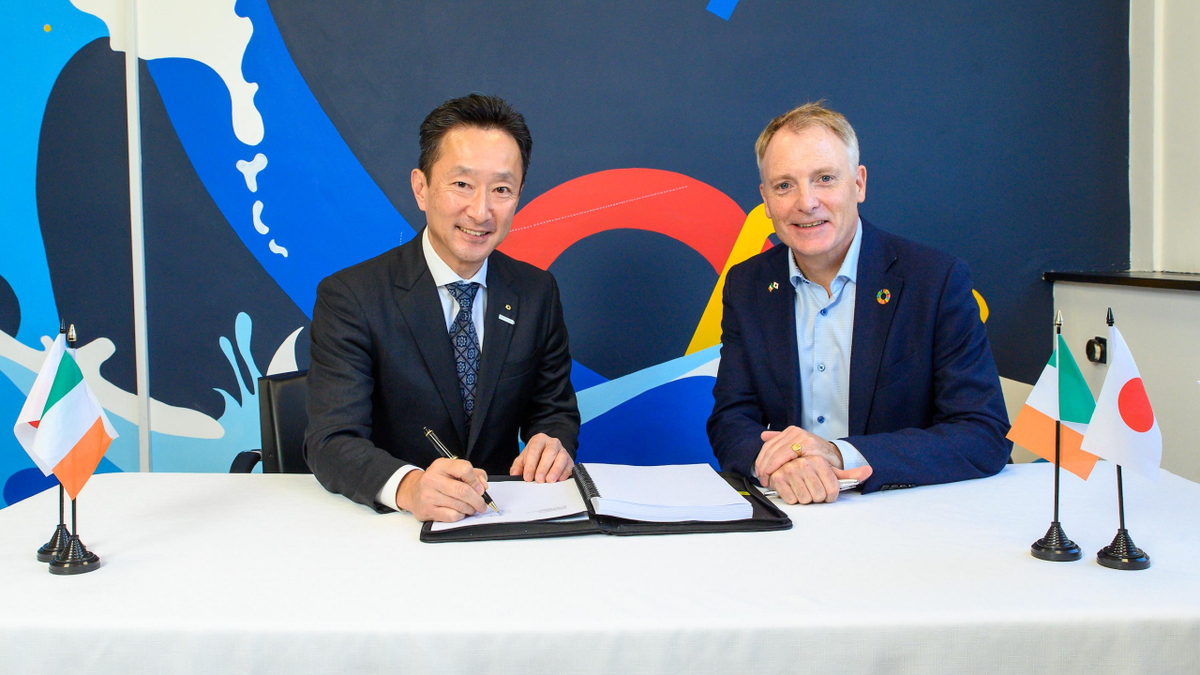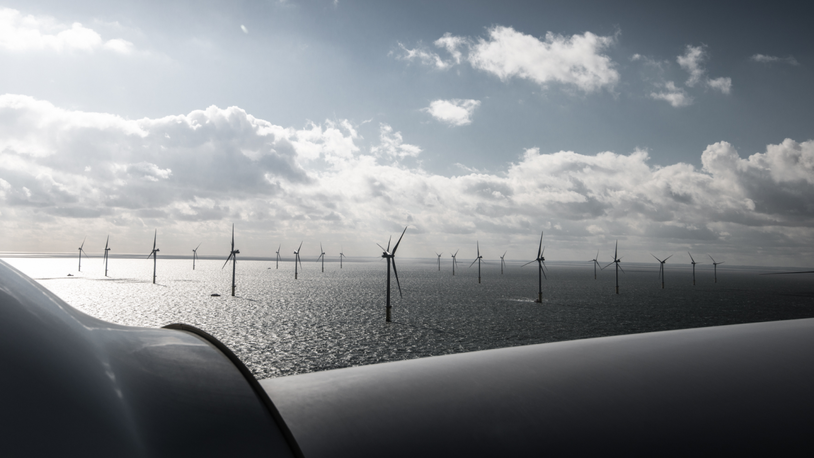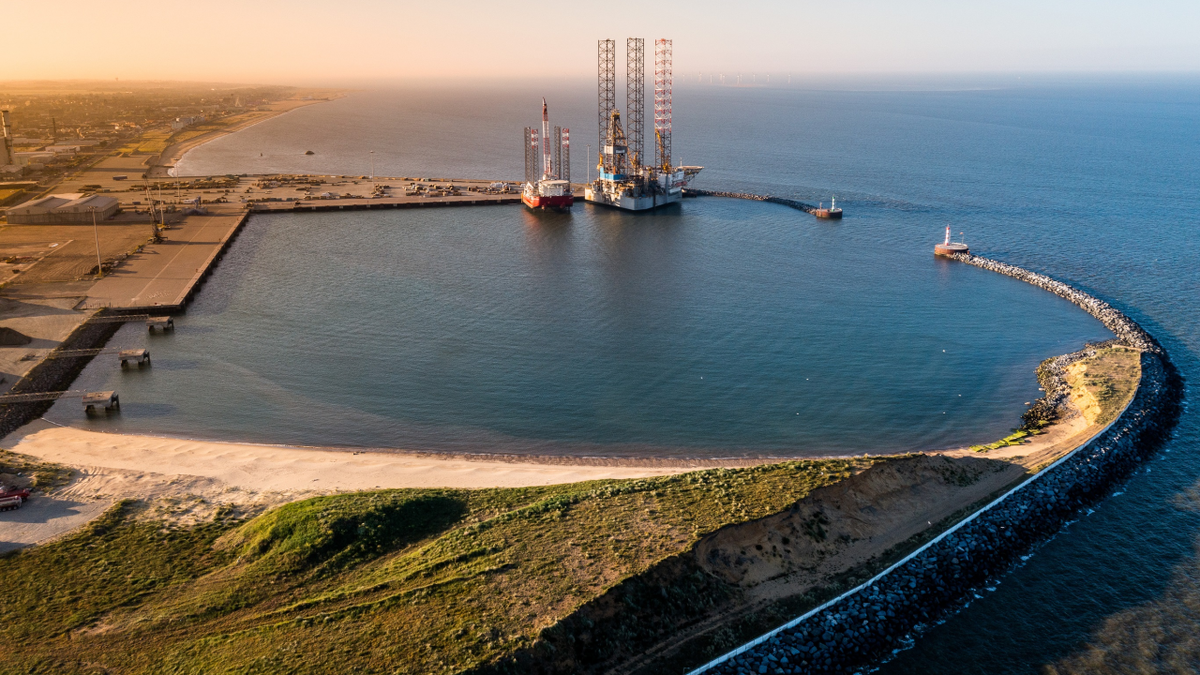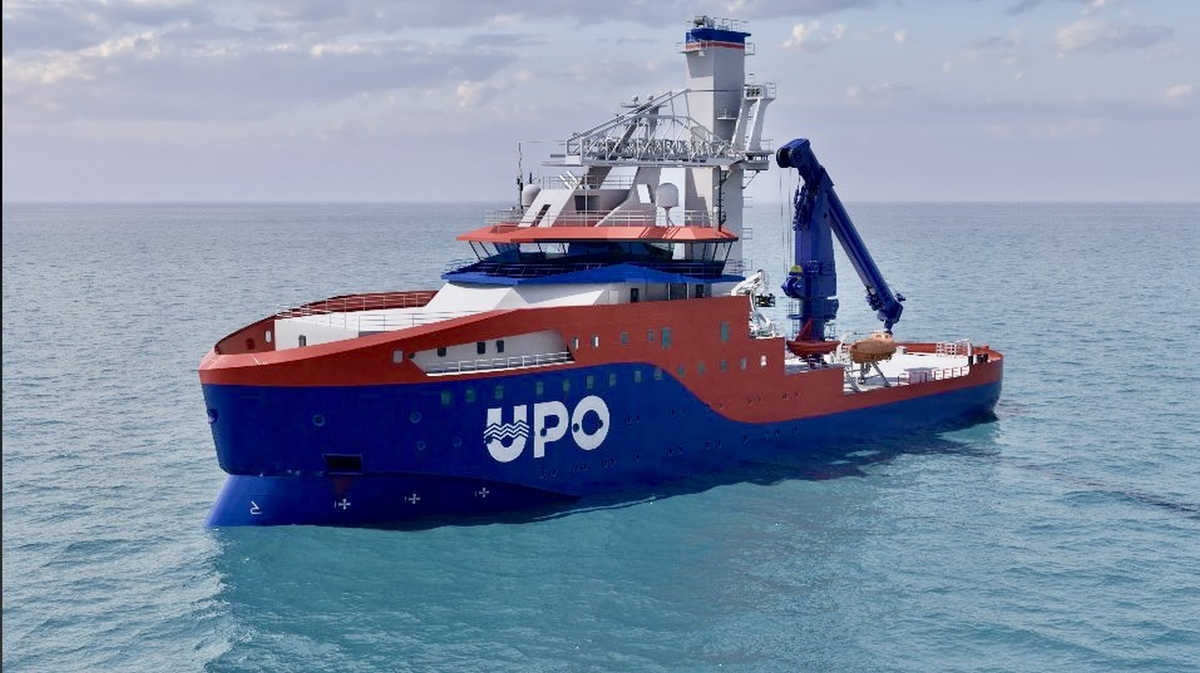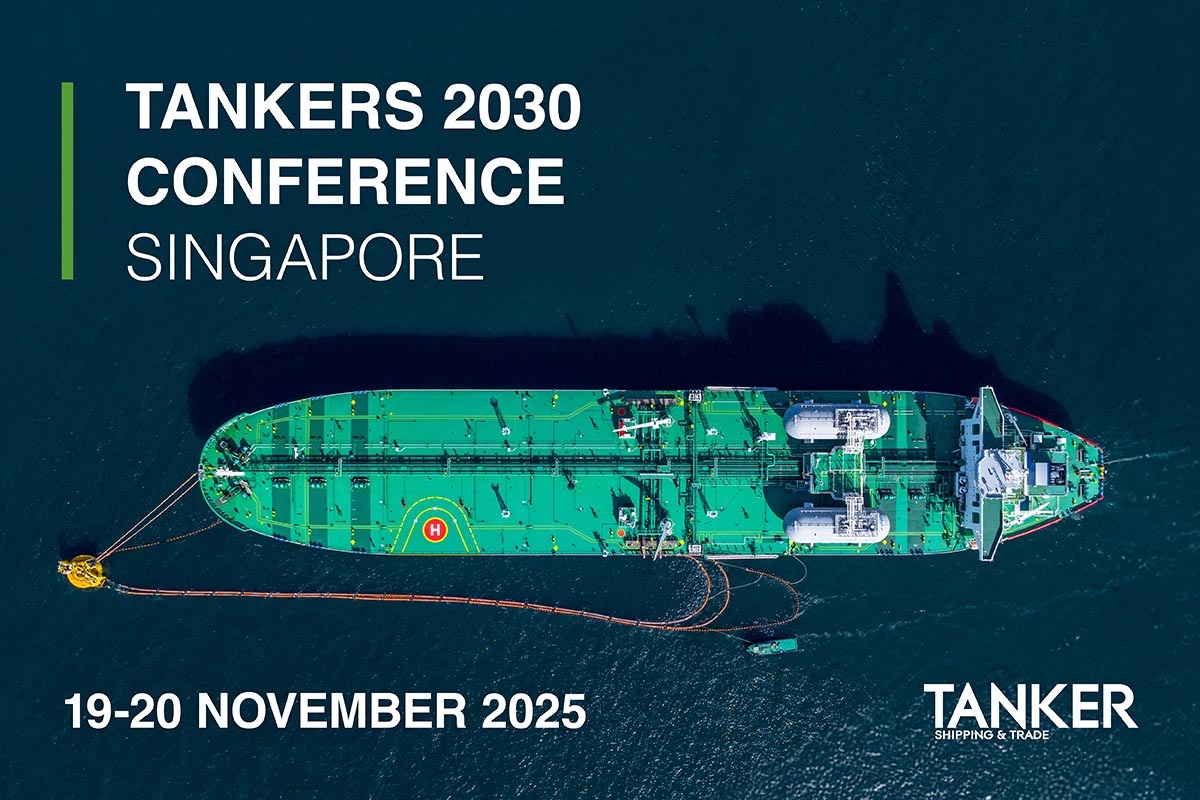Business Sectors
Events
Ship Recycling Webinar Week
Contents
Register to read more articles.
Reflections on AR7: a frustrating contradiction?
The budget for Allocation Round 7 offshore wind projects unveiled by the UK government on 27 October 2025 has aroused a lot of comment, not least because it is unlikely to keep the UK on track towards its Clean Power 2030 (CP 30) targets
As BVG Associates associate director Graham Gow told OWJ, “With the benefit of a day or two of reflection following the announcement of the AR7 budget, my underlying feeling is one of mild bemusement.
“It has landed as a somewhat frustrating contradiction. Everyone has noted the smaller than expected budget. It is looking like we’ll get in the region of 5 GW, give or take a little,” as the graph below demonstrates.
“The question is simply, ‘Why?’ The low budget is a contradiction, primarily of the government’s own messaging, but also in its stated wider ambitions.”
Mr Gow explained that work BVG Associates did for Scottish Renewables earlier this year projected the UK offshore wind pipeline was likely to miss the CP 30 targets. “Even so, we estimated around 12.5 GW of capacity would be eligible for AR7. In fact, the pipeline at the time suggested an annual average of 12.5 GW each for ARs 7 to 10 inclusive – massive numbers, but still not quick enough to meet CP 30 targets.
“Then the news came that the eligibility criteria for AR7 was to be relaxed, allowing up to 20 GW to qualify. Not only that, but the government extended the contract period from 15 to 20 years. That sounded like great news.
“But then here is the contradiction: why expand an already massive 12.5 GW potential to 20 GW, then only provide enough budget for 5 GW? We all agree on the need for some level of competitive tension, but a budget for 10 GW would still mean 50% attrition – and even that feels too high for an industry that is encouraged to be on the front foot, with optimism and ambition, and has invested hundreds of millions in getting projects to the stage they are at.”
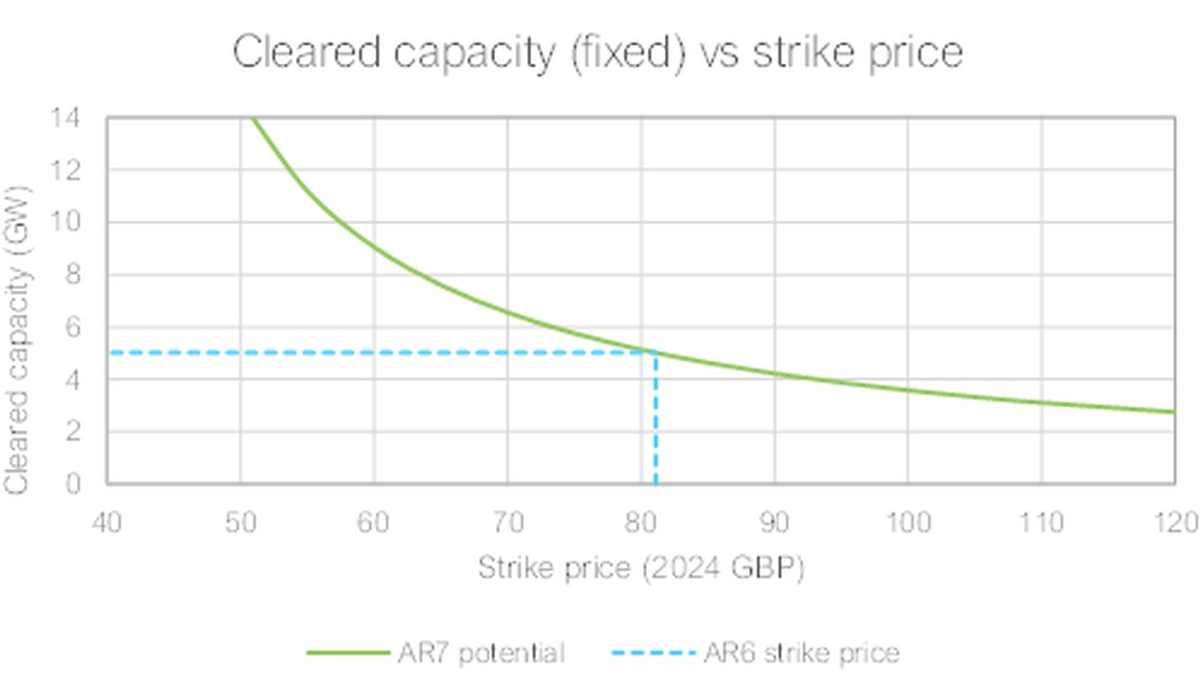
As noted above, the pipeline as it currently stands is already likely to miss the CP 30 targets for offshore wind. “These are government targets, not industry’s, so why have a budget which will actively restrict your own ambitions?” Mr Gow asked. In addition, there is the ‘hard-to-win-but-nevertheless-true’ commercial argument that wind-generated electricity is both cheaper and cleaner than fossil-based electricity.
“We all know why this is a difficult argument to make at the moment, but the challenge of political and social messaging should be kept separate from the underlying facts,” Mr Gow told OWJ.
“Good work and reporting in this space is emerging, such as the recent Guardian article on a recent UCL study, which, we hope, will help turn the tide on this. Plus, we as an industry have loads of positive things to say on jobs, local value-add, and how we are able to support the wider ‘just transition’ that is also a cornerstone policy. So, the question remains – why set out a small budget which contradicts both your own messaging and your own ambitions?”
In Mr Gow’s view, the unsatisfactory answer would be that budget/political pressures are the cause and that, to help address a weakening position against rising anti-net-zero politics from Reform and others, the government must be seen to be withdrawing support.
“This would be short-sighted, weak and terribly damaging to what we must assume to be their strongly held beliefs in a net-zero future that benefits us all,” said Mr Gow.
“The more positive answer would be that it is a deliberate and considered move to help steady the bigger ship, and that the government acknowledges there are infrastructure challenges in ports, grid, and the wider supply chain, and that going too fast at this stage risks greater disappointment further down the line when bottlenecks kick-in and frustration mounts. I think industry would at least understand the logic of this, and any short-term frustration would be addressed by a continued and upgraded commitment for AR8 and beyond.”
Mr Gow argues that, if this is the reason for the small budget, the government would do everyone, including themselves, a huge favour by verbalising it.
“We have an amazing pipeline in the UK, with the opportunity to lead the world in scale and innovation, even more so when considering floating projects,” he concluded. “But this ship is a fragile thing, and needs clarity and consistency of vision, as well as realism, to keep it moving at the right speed in the right direction. We all know that success in offshore wind, as a huge infrastructure play, is based on trust and collaboration between industry and government. Bemusement can come into all relationships at times, but it is best addressed by communicating – by talking and listening.”
Riviera’s Offshore Wind Journal Conference will be held in London on 2 February 2026. Use this link for more information and to register for the event.
Related to this Story
Events
Ship Recycling Webinar Week
International Bulk Shipping Conference 2025
Tankers 2030 Conference
Maritime Navigation Innovation Webinar Week
© 2024 Riviera Maritime Media Ltd.

